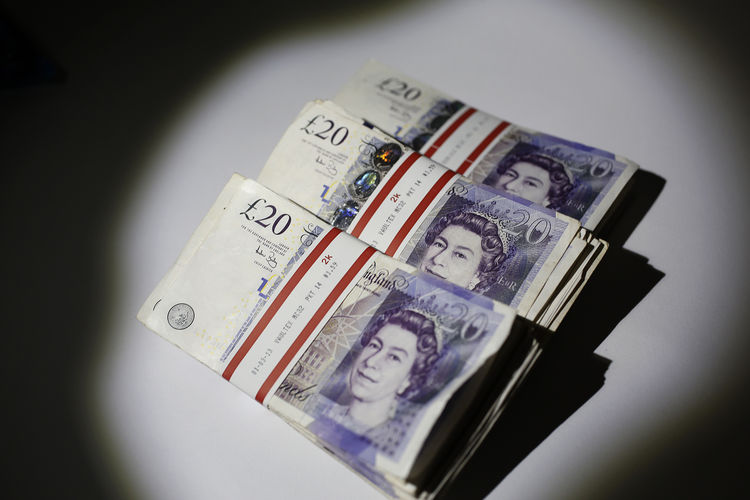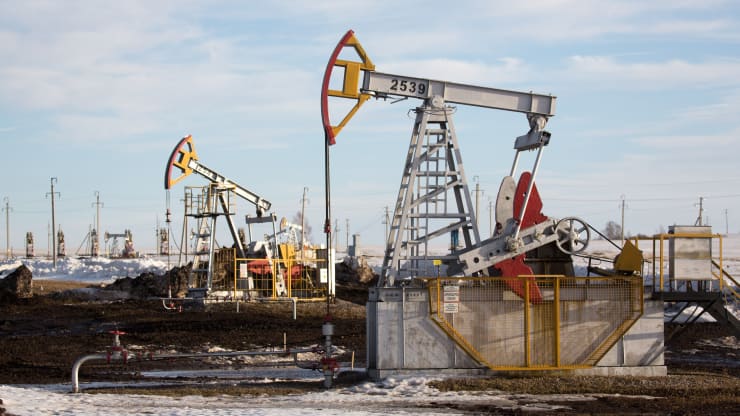By Craig Erlam, Senior Market Analyst, UK & EMEA, OANDA
The UK economy posted only a small contraction in May which was much better than forecast as the country continues to show strong resilience in the face of significant pressures.
That resilience has helped to sustain inflation at much higher levels than the Bank of England was hoping for which has in turn led to more rate hikes and markets pricing in many more to come.
The economy has basically stagnated now for the last year which is still much better than what many feared 12 months ago. We could see a little more growth going forward as lower energy and food bills free up some disposable income but with rates now very high and rising, costs for many are about to rise substantially, possibly more than offsetting any of those benefits.
Higher rates may also weigh on growth going forward if they impact household spending decisions, by encouraging more saving in anticipation of higher interest costs or encouraging them to pay down debt, etc. Time will tell to what extent that is the case as spending has been more resilient than expected until now.
Another disappointing batch of Chines trade data
Chinese imports and exports slumped at a faster pace than expected in June in another sign of weakening global trade. We’ve seen this trend all year and clearly, conditions are not improving, quite the opposite. This will maintain pressure on the economy with domestic demand also disappointing, as seen by the weaker import numbers. Targeted stimulus may be needed sooner rather than later or the country’s once seemingly modest 5% growth target may be at risk of being missed.
Oil rally stalling around $80
Oil prices are a little higher again in early trade, seemingly still buoyed by yesterday’s US inflation report, and are continuing to push for a convincing break above $80 in Brent crude. It is trading a little above $80 this morning and did at times yesterday, but rather than generating fresh momentum, it seems to instead be running on fumes.
That would be understandable. After all, it’s rallied around 12% in two weeks, primarily on the back of the extension to the Saudi one million barrel cut to the end of August, alongside Russia’s 500,000 barrel export reduction. Some profit-taking at these levels wouldn’t be hugely surprising and may have come sooner if not for the US CPI data.
Gold holding gains but a few big tests lie above
Gold is also trading marginally higher today and struggling around a notable resistance level, $1,960. It broke through $1,940 yesterday on the back of the inflation numbers and has now entered retracement territory where a few key levels will be put to the test.
From a technical standpoint, those are the 38.2%, 50%, and 61.8% Fibonacci retracement levels – May highs to June lows – which happen to fall around £$1,960, $1,980, and $2,000, respectively. A break of these may indicate that gold is back in bullish territory, although the price may face some resistance in the interim.
No change for bitcoin after the US inflation report
Bitcoin was very choppy around the inflation release yesterday but ultimately it’s had little sustainable impact on the price. It’s settled a little lower after some big fluctuations but is still well within the $30,000-$31,000 range it has broadly traded in for the last few weeks. That consolidation will probably come more as comfort to crypto bulls but at this stage, it isn’t particularly clear in which direction it will break next. That may depend on the news flow in the coming weeks, with some positive news on the ETF front potentially giving the crypto space another boost.


 Naira4 weeks ago
Naira4 weeks ago
 Naira4 weeks ago
Naira4 weeks ago
 Travel4 weeks ago
Travel4 weeks ago
 Jobs4 weeks ago
Jobs4 weeks ago
 Naira3 weeks ago
Naira3 weeks ago
 Naira4 weeks ago
Naira4 weeks ago
 Investment4 weeks ago
Investment4 weeks ago
 Travel4 weeks ago
Travel4 weeks ago



























